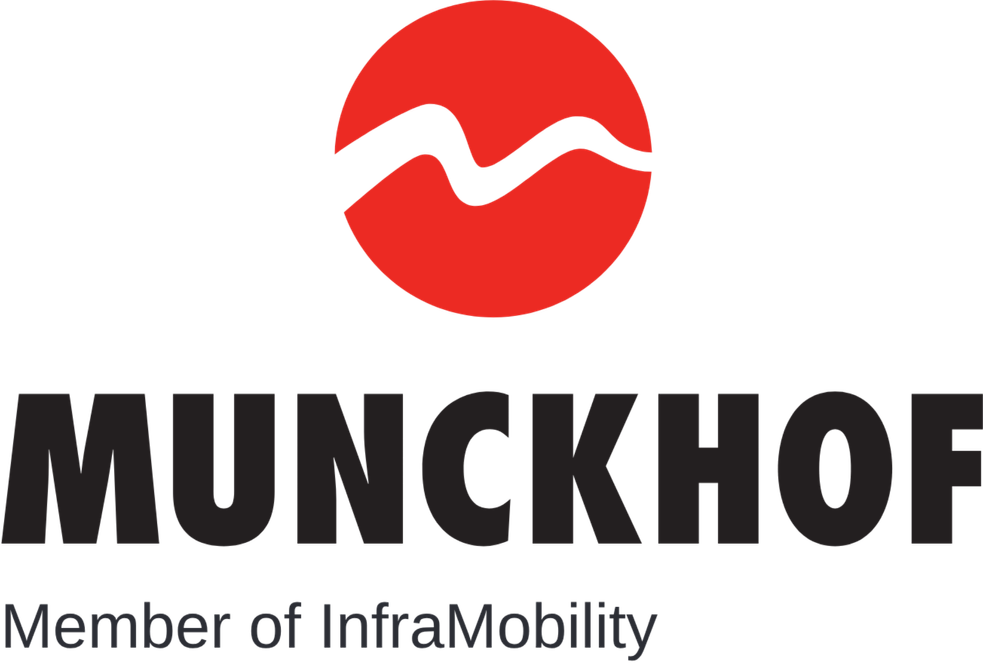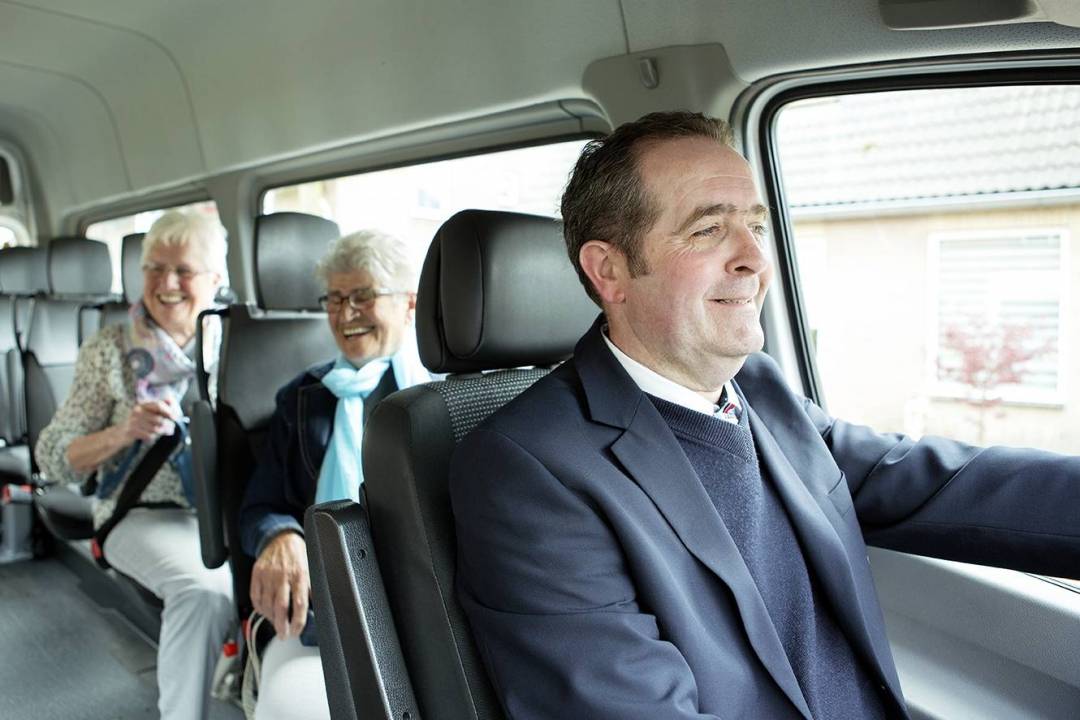Taxi drivers are professionals, not volunteers!
Professional drivers are experts in their field
Most municipalities and health-care institutions exclusively hire professional drivers. Taxi companies with the TX Keurmerk certification are contract partners and arrange the entire process, from planning to execution. This helps them guarantee quality. Professional drivers are experts in their field, have years of experience, have known their passengers for years and received the necessary training. The vehicles are properly maintained and the transport is planned efficiently, in coordination with other traffic flows. A disadvantage is that staffing costs are incorporated into the rates that taxi companies are forced to charge. The margins are extremely small, which makes it virtually impossible to lower rates while maintaining the same level of quality.
Using volunteers to lower costs
The other extreme is to use volunteers to transport passengers. Volunteers are cheaper, which translates into huge cost savings. But do these savings outweigh the disadvantages? Who is responsible for planning transport? The volunteers or the municipality, health-care institution or taxi company? And who is responsible for maintaining the vehicles and ensuring quality, safety and liability? What happens when volunteers quit? After all, they're volunteering their services and are not obliged to stay.
And what about the highly-regarded social return principle? Using volunteers has a negative impact on employment availability for professional drivers.
Pilot project to determine feasibility
To meet the needs of our clients, the Munckhof control centre recently launched a pilot project at a health-care institution. As part of this project, one vehicle was reserved exclusively for volunteer drivers. This vehicle is owned by the health-care institution, which makes sufficient volunteers available for the routes. Munckhof is responsible for planning transport, maintaining contact with the daily activity centres and the travellers and ensuring that all volunteers receive the necessary training and instruction. Munckhof only works with volunteers who have successfully completed our driving test and course. To ensure continuous transport, an extra volunteer is always on standby and a supervisor is present on each route.
The combination of volunteer drivers, support and professional planning has lowered costs and the professionals ensure the quality and the coordination of the transport. Despite this well-organized coordination, ensuring the commitment and accountability of the volunteers remains challenging.
We only just started with this pilot and are very curious to see the results and the experiences. I believe that passenger transport should be carried out exclusively by professionals, but volunteers may just be the future of the industry. I look forward to hearing your opinion.

Account manager Munckhof Regie






